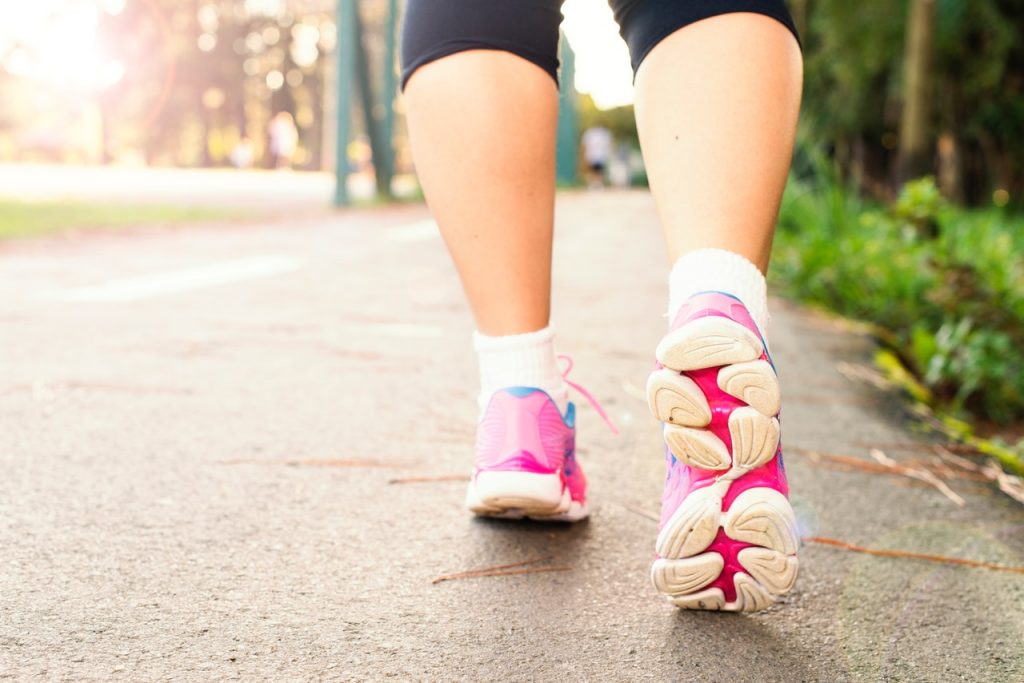Designer of ‘Smart Shoes’ Turns Over 1m Pounds

Despite constantly possessing an entrepreneurial spirit, Janan Leo’s light bulb moment happened during a normal daily commute to work.
Looking down at her unstylish footwear in a tube trip to Virgin Trains’ offices in London, where she was employed as a new product development manager, the 26-year-old decided she would make a foldable smart shoe which she would wear during her commute and then put away and store inside her handbag if she wish to change into brighter women’s heels in the office.
After floating the idea to family and friends and receiving a positive response, Ms Leo made a prototype of this shoe and approached several factories so as to have it manufactured. The concept was declined by over 100 makers before one agreed to deliver the therapy shoes to market.
Ms Leo then started selling her shoes at Brixton market, and encouraged them by handing out leaflets to female commuters on the tube. “I was so determined to get the brand name out that there I would regularly approach women in the street to talk about the design and find out what they thought of it,” she said.
Despite launching the shoe manufacturer, Cocorose London, at the height of the financial crisis, Ms Leo, now 36, has managed to grow the company from one that flipped over only 40,000 pound in its first year, to over #1m annually now.
The women’s shoes, which can be made from leather and built to be completely bendable, are carried in separate stores worldwide, including in Europe and Asia, but it’s the e-commerce component of the business that’s booming, growing 50pc within the last year.
The organization has benefited from manufacturer exposure, with stars such as Pippa Middleton, Dame Helen Mirren and Joana Lumley seen and about sporting the cushioned shoes, which retail between 45-120 pounds. The brand’s most popular designs include the “Clapham”, “Shoreditch” and “Hampstead”.
Cocorose has also attracted attention through its longstanding cooperation with The Royal Ballet, and the firm has been an official present associate to the British Academy Film Awards (BAFTA) since 2010.
The flourishing fashion fad for athleisure — sports clothing mixed with leisurewear — has also boosted sales in the business, Ms Leo considers, with more women buying into clothes that’s convenient and comfortable.
However, the designer, who heads up the firm with her business partner and boyfriend Gareth, has not always had an easy ride. Growing a business in a recession meant the provider’s finances were in dire straits in the first years, but Ms Leo says their focus on exporting to markets in Europe and Asia helped the company grow more quickly.
The pair suffered an additional knockback early on as they were refused a patent for their layout, despite spending a substantial amount of money through the application procedure. The couple instead chose to signature Cocorose London, which Ms Leo states is vital for any new brand wanting to export, as many nations and vendors will not accept non-trademarked products.
Ms Leo has also seen copycat women’s shoes being sold in different countries, which can often spell bad news for a small business. She recounts a particularly memorable moment when shopping in a luxury department store in China, where a saleswoman approached her and presented her with a foldable shoe. Despite being shocked that her style has been duplicated by other manufacturers throughout the world, she said she felt proud that her merchandise was deemed good enough to replicate.
The company, which now employs five people, is trying to grow further through outside funds, having had a static turnover of #1m over the last few years.
However, with the retail industry continuing to battle, Cocorose could have a challenging few years ahead. A study published last month by the Bank of England suggested consumers continue focusing on essential spending and cutting back elsewhere.
Whilst shopping was considered Britain’s unofficial national sport, consumers now have shifted from spending on clothing and shoes to leisure pursuits, like eating out and vacations.
Retail spending dropped by 1.2pc this past year, with trend sales suffering a 2pc slump – the steepest decline since the credit crunch of 2008.
